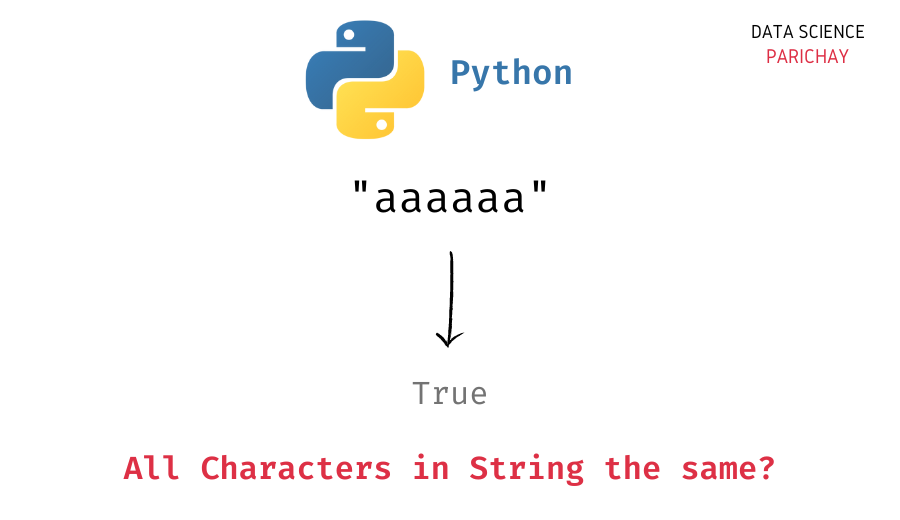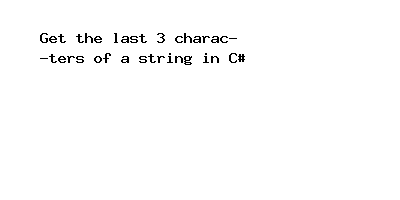When working with strings in C programming, it is important to ensure that the characters are printable. Printable characters are those that can be displayed on the screen and are within the range of ASCII characters. Checking for printable characters in a string can be useful in various applications, such as input validation and data processing.
In C programming, each character is represented by an integer value according to the ASCII table. The printable characters range from 32 to 126 in the ASCII table, which includes letters, numbers, punctuation marks, and special symbols. To check for printable characters in a string, you can iterate through each character and validate if it falls within the printable range.
 How To Check For Printable Characters In A String C
How To Check For Printable Characters In A String C
Save and Print How To Check For Printable Characters In A String C
How To Check For Printable Characters In A String C
One way to check for printable characters in a string in C is to use a loop to iterate through each character and compare its ASCII value with the printable range. You can use the isprint() function from the ctype.h header file to determine if a character is printable. Here is an example code snippet to check for printable characters in a string:
#include <stdio.h>
#include <ctype.h>
int main()
char str[] = "Hello, World!";
for(int i = 0; str[i] != '�'; i++)
if(isprint(str[i]))
printf("%c is a printable character
", str[i]);
return 0;
In the above code, the isprint() function is used to check if each character in the string str is printable. If the character is printable, it is printed to the console. This method allows you to filter out non-printable characters from a string and process only the printable ones.
Another approach to checking for printable characters in a string is to manually compare the ASCII values of the characters with the printable range. You can use the int data type to store the ASCII value of each character and validate it against the printable range. This method provides more control over the validation process and allows for custom handling of non-printable characters.
By checking for printable characters in a string in C, you can ensure that the input data is valid and suitable for further processing. Whether you use the isprint() function or manually compare ASCII values, verifying the printable nature of characters is essential for maintaining data integrity and program functionality.
